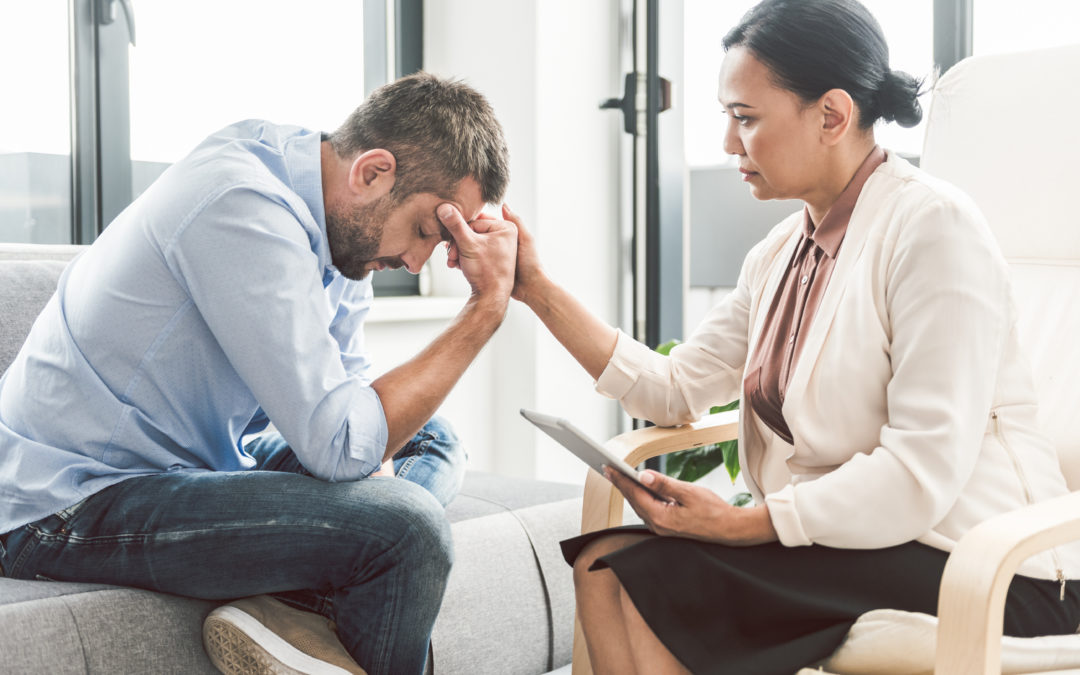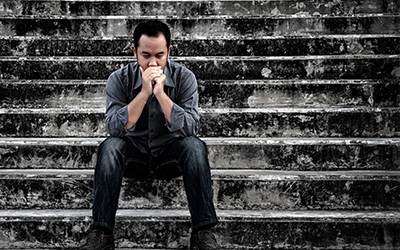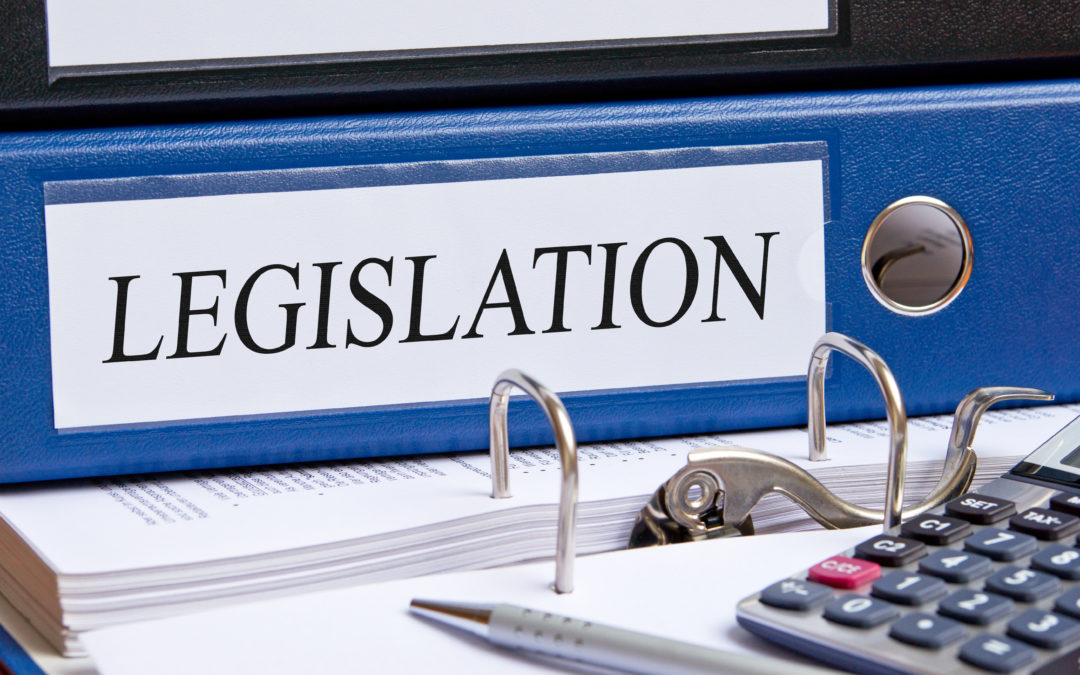
Self Compassion Skills to Mitigate PTSD | HEALTHY @ HOME
Self Compassion Skills to Mitigate PTSD | HEALTHY @ HOME
Join us this week as we soak up the wisdom of expert Pamela Madsen, while she walks us through the steps of self compassion.

Join us this week as we soak up the wisdom of expert Pamela Madsen, while she walks us through the steps of self compassion.

By Joyce Mayberry
“Boundaries define us. They define what is me and what is not me. A boundary shows me where I end and someone else begins, leading me to a sense of ownership. Knowing what I am to own and take responsibility for gives me freedom.”
Merriam Webster defines boundary in this way:
When we talk about boundaries, we talk about restrictions and not necessarily freedom. There are several types of boundaries: mental, physical, and emotional. What type of boundaries do you have in your life? I think of obeying the law. Most recently, I think of COVID-19 and I think of social distancing. I just got married, so another boundary is being faithful to my spouse.
Let’s look at what’s going on today. The first thing that comes to my mind is the tragic death of George Floyd. In this case I would think that the four officers lost sight of their emotional and personal boundaries. What about the boundaries of COVID-19? Do you feel that the coronavirus is creating stress? You may need to create mental boundaries that help to give you freedom from listening to all the news.
Are there areas in your life where things are in disarray? If there are, then you most likely do not have boundaries in that area. At the Georgia Center for Opportunity, in the impact area of Family Formation, we see regularly where people refuse to set clear boundaries. It’s important as we work to strengthen families and to see individuals flourish that we all seek to acknowledge when this does not happen. The Healthy Families Initiative has relationship education classes to help you to begin to experience that freedom that Dr. Henry Cloud talks about. Until you sign up for a class, here are some quick strategies that will help you to begin setting healthy boundaries:
As Dr. Henry Cloud says, setting boundaries is key to knowing where you end and someone else begins, and it allows you take ownership. Individually, we each can begin to take responsibility for what happens in our state, community, and families.


We recently received the alarming news that 40% of low-income households across the U.S. reported a job loss in March due to shutdowns from the COVID-19 pandemic. Closer to home here in Georgia, Columbus faces a rising unemployment rate (12.2% as of April) that is sure to spike to between 14% and 20% when April numbers are released.
In the middle of this economic disaster, Georgia Center for Opportunity’s Hiring Well, Doing Good (HWDG) program is expanding rapidly in Columbus. We are now open to forming partnerships with businesses and nonprofits in the region!
Read more: FULL PRESS RELEASE
HWDG brings together community resources and technology to help un- and under-employed individuals achieve economic independence in three ways:
HWDG helps people like Marshayla Walker, who grew up in poverty in the greater Columbus region and struggled for years as an unemployed single mom. Marshayla heard about HWDG and attended training offered by Troy University, where she is currently majoring in psychology with a minor in global business. She said she is grateful for the support, encouragement, and resources HWDG offers and feels that she is now equipped to break into the competitive HR field upon graduation—with a new-found confidence that she can work her way up the career ladder and give her son opportunities she did not have growing up.

By Buzz Brockway
The Coronavirus pandemic has caused massive numbers of people to lose their jobs. Georgia’s official unemployment rate is 9.7%. However, as we reported last week , many others are not employed but do not appear in the common reported unemployment number.
A top goal of policy makers, and indeed all Georgians, should be to see people return to work as quickly as possible. Work is the best path to financial independence and a flourishing life.
As we endeavor to rebuild our economy, we must look to remove barriers people face in returning to work. One significant barrier many people face is a criminal record. For those with a criminal record who lost jobs due to the pandemic shutdown, finding work again could be difficult. For ex-offenders who didn’t have a job, the task of finding one just became even more difficult. Our research estimates that approximately 250,000 healthy working age men had no job prior to the pandemic. The reasons for their lack of employment vary, but for many, a criminal record is the barrier keeping them out of the job market.
What can be done to address this significant problem? In recent years, Georgia has focused on prison reentry programs meant to assist folks as they transition back into society. This work is important and must continue. But for those already back in society, other assistance is needed.
With Senate Bill 288, the Georgia Legislature has the chance to aid ex-offenders looking for work. The bill would allow an ex-offender, who has served his or her time and stayed out of trouble for a period of time, the opportunity to have certain non-violent misdemeanors expunged from the record. This will allow for an easier transition back into the workforce for a segment of Georgia’s population, who have paid their debt to society and stayed on the straight and narrow.
The benefit to our state in passing this legislation comes in several ways: Ex-offenders with jobs are less likely to recidivate. People who don’t get in trouble again cost the taxpayers less money and actually join the ranks of taxpaying citizens.
Ex-offenders with jobs are able to support their families, reducing poverty and lifting up the communities in which they live. If we want to break the cycle of poverty in our state, we must provide a path out for families. A job is the first step on the path to self-sufficiency and a flourishing life.
We are in the final week of the 2020 Georgia legislative session. There are many important issues being debated and policies being discussed to make our state better. At the top of the list should be providing a path forward for folks who need our help. SB 288 is an excellent step in the right direction.
To learn more about what Georgia Center for Opportunity is doing to help get Georgians back to work check out our Hiring Well, Doing Good initiative.